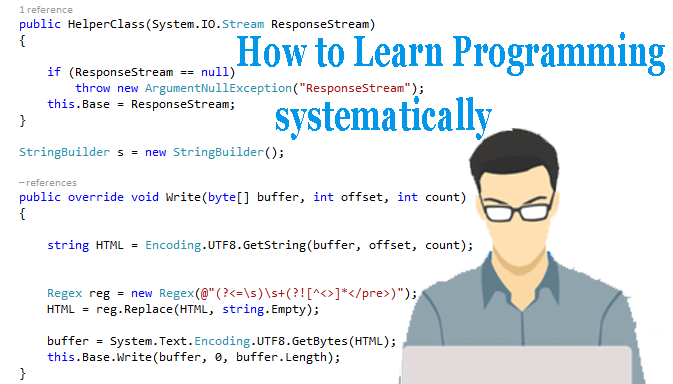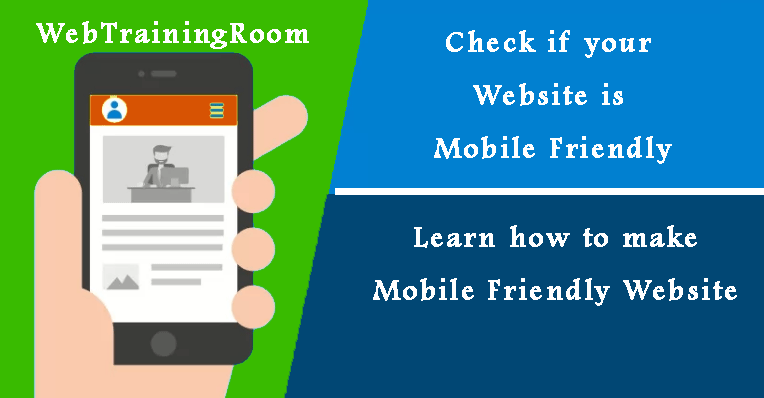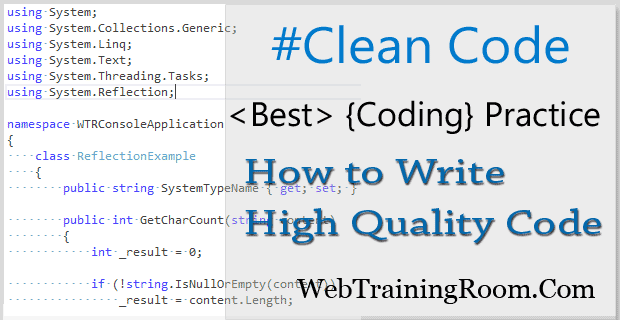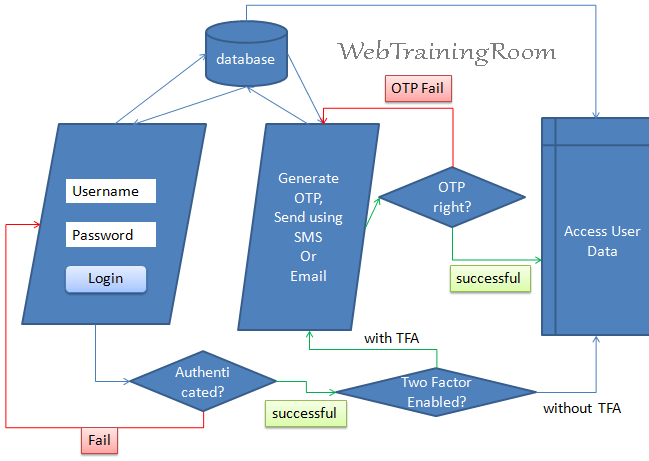How to Learn Programming Faster
Learning programming is one of key approach that can help you growing professionally, there is huge opportunity for a good programmer and always in demand in job market, so, if you want to build your career in information technology field, you must learn programming!

Here are few tips for learning programming faster!
Let’s start with a question: is programming harder for some people than for others? After all, there are learners who quickly grasp the ideas behind objects and classes, and there are others - to whom these buzzwords make no sense.
What is the difference between the students who make giant leaps in programming versus those who struggle to build basic apps? In this post, we will examine the roadblocks that determine how long it takes to learn Java or other programming languages and share tips that’ll help you learn to program much faster.
-
Have a clear end in sight
The first difference that sets efficient programming students from the struggling ones is that the former know why they are learning languages and technologies. You will be able to progress in programming considerably faster with a clear goal in mind.
Here are the examples of what beginning programmers can focus on accomplishing:
- Building a static website with HTML and CSS.
- Designing an Android app with Java or Kotlin or an iOS program with Swift
- Building a web app using frameworks like Rails.
- Creating games with Unity
- Learning the basics of data science and machine learning with Python and R.
It helps to strengthen your goal with a sense of urgency - for example, in three months, you could aim to build a meal tracker for Android. This way, students are motivated to create a curriculum that spans this amount of time and not skip study sessions.
-
Do not skim through the basics
Not spending enough time understanding fundamentals costs a fair share of programmers their progress. However, if you want to be among high-performing learners, having a deep understanding of basic programming structures is a must.
For most programming languages, these are the fundamentals:
- Variables
- Data structures.
- Syntax.
- Control structures.
- Frameworks and tools.
Clearing out the basics is important because you’ll keep coming back to them when learning advanced arguments. A good way to get the hang of fundamentals is by choosing a thorough beginner-oriented resource for learning programming languages.
-
Find the learning strategy that works for you
When you come across statements like “Books are the best way to learn to program”, “Online courses are the way to go”, it’s easy to think there’s an ultimate strategy for learning programming. However, that’s not exactly the case since, at the end of the day, you need to find a study method that works for you.
Here are a few learning styles to test and choose from:
- Reading books and documentation.
- Watching Youtube videos and GIF screencasts.
- Learning by doing - building a project from the get-go.
- Finding a mentor or a tutor.
- Joining programming boot camps.
Don’t feel pressured to find the right way to learn programming early on - embrace trial and error and follow which exercises make you feel excited, which resources help you retain more material - this way, you’ll arrive at the effective way to master coding.
-
Consistency is the key
“Quality practice” is a popular concept among programmers (as well as language learners or musicians). It’s tempting to think you can spend little time learning and get as much yield as others do by putting in hours of consistent work.
Does “quality practice” exist? Researchers don’t have much evidence to back it up - instead, they have plenty of correlations between daily consistent practice and improvement. That’s why it’s a better strategy to spend 30-60 minutes coding every day rather than cramming hours of learning sporadically.
-
Listening to your body strengthens your mind
Another difference between students who progress quickly and those who struggle to stay on top of challenging programming assignments is the amount of sleep learners get. Studies show that staying awake for too long decreases GPAs by 3.2% for each hour past bedtime and puts learners at a higher risk of depression.
Thus, to learn faster, make sure you take full eight hours of sleep, are eating, and exercising well. These simple steps help learners build the physical strength needed to stay focused and concentrated.
-
Don’t let error messages get you.
For programming learners, error pop-ups are irritating and scary (it’s not like experienced developers like them a ton). However, as an aspiring developer, you can learn a lot from paying attention to these messages. They offer a lot of helpful data such as:
- Why the code can’t be executed.
- What part of the application is at fault.
- How a developer can fix an error.
Shifting your attitude from being scared of error messages to using them as a learning resource eliminates a lot of stress from the learning curve.
-
Use online resources (but not too many)
Even if you are studying on your own, you are never really alone on the path to mastering programming. There are a lot of learning tools and communities programming learners can use to stay motivated and encouraged.
Look into courses, Youtube channels, blogs, and Reddit threads centered around the programming language you are learning. Keep in mind that there’s a limit to how many resources a learner can go through - we recommend narrowing the list of resources down to 4-5 communities and platforms.
The final tip that’ll help you learn to program quickly and consistently is, ironically, to not rush into it. There’s no unified timeline when it comes to mastering coding - your aptitude depends on previous experience, the background in mathematical and logical operation, the amount of time you can dedicate to coding, and the overall focus on studies. Thus, there’s no need to beat yourself up for having doubts or being behind - these are the challenges both gifted and struggling learners need to overcome.
This featured post is written by John Lee from Codegym, a Java Training company, John works as marketing manager and guide students to learn programming easily.




